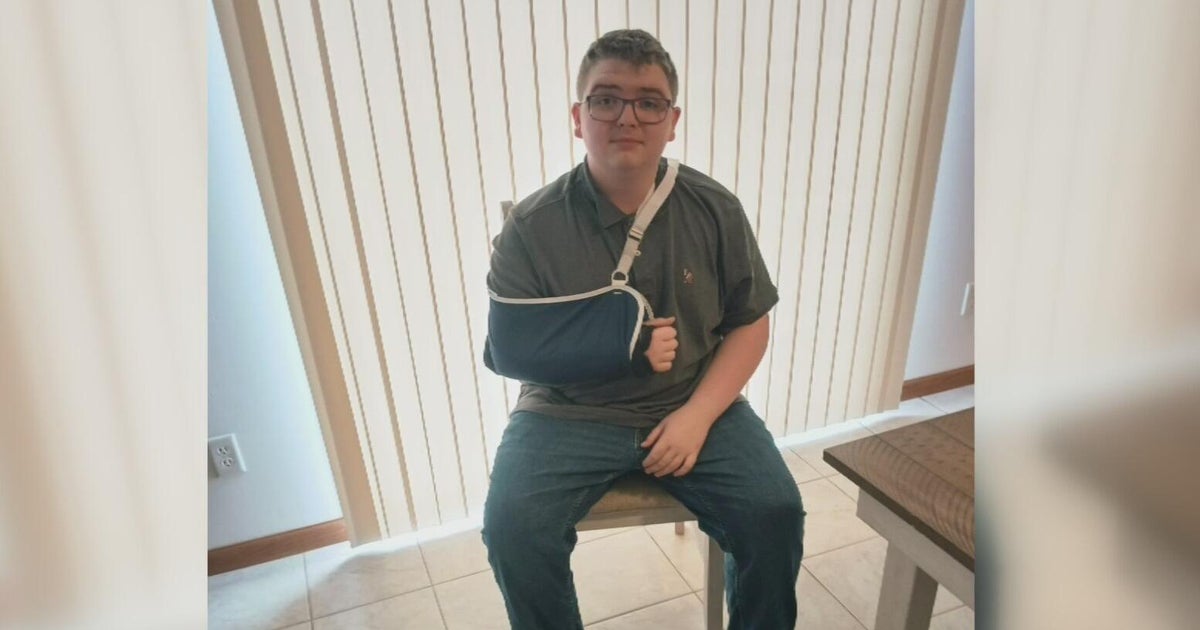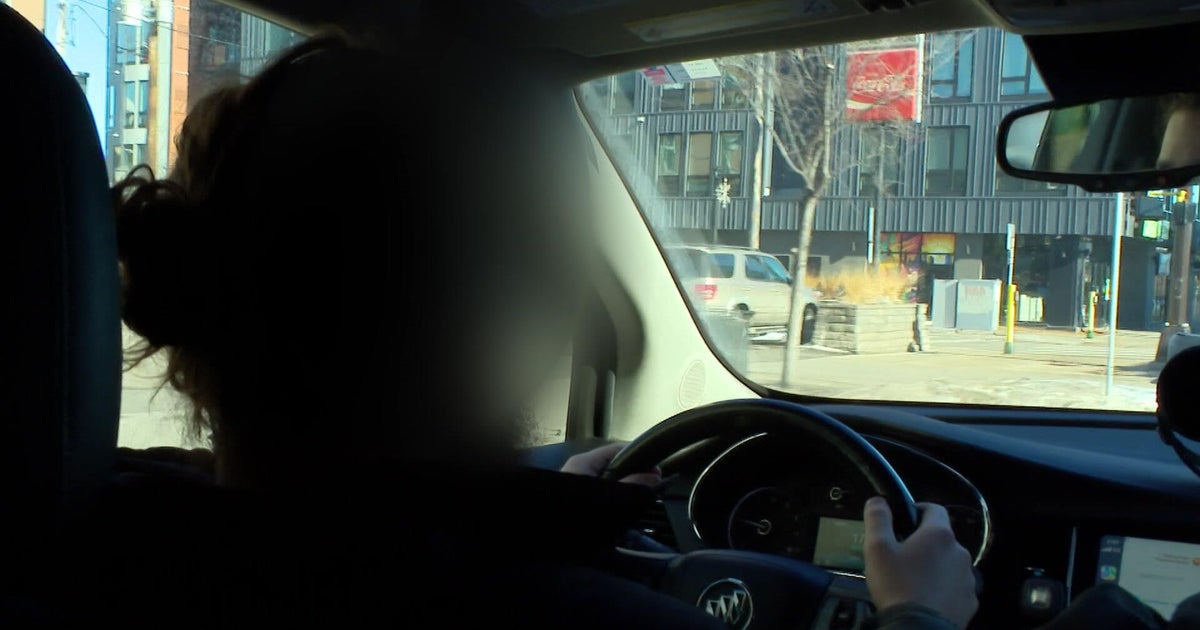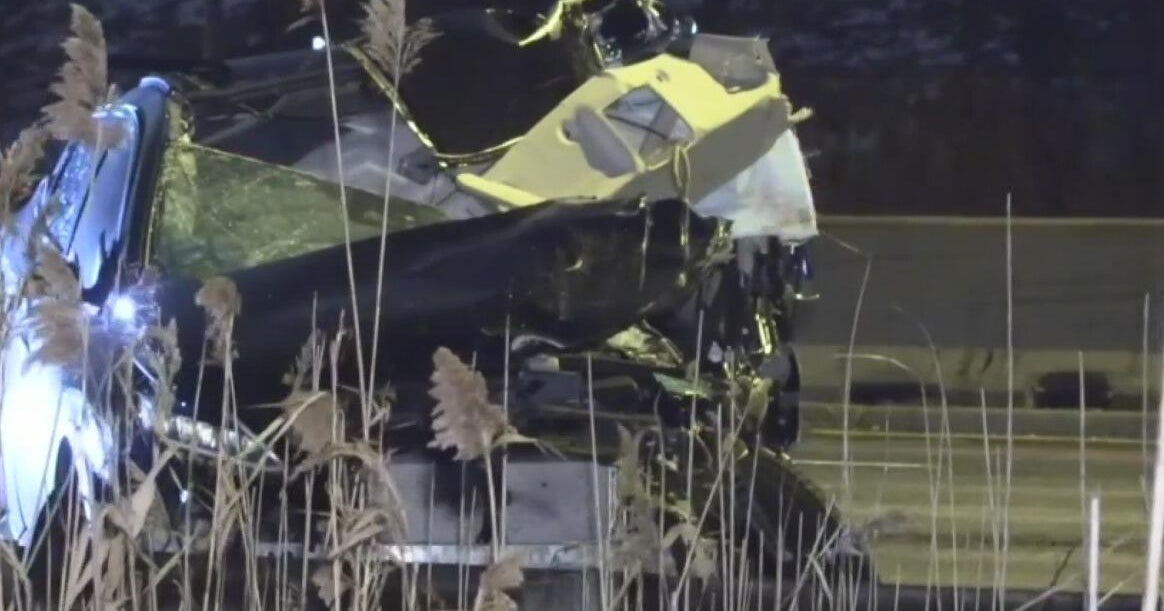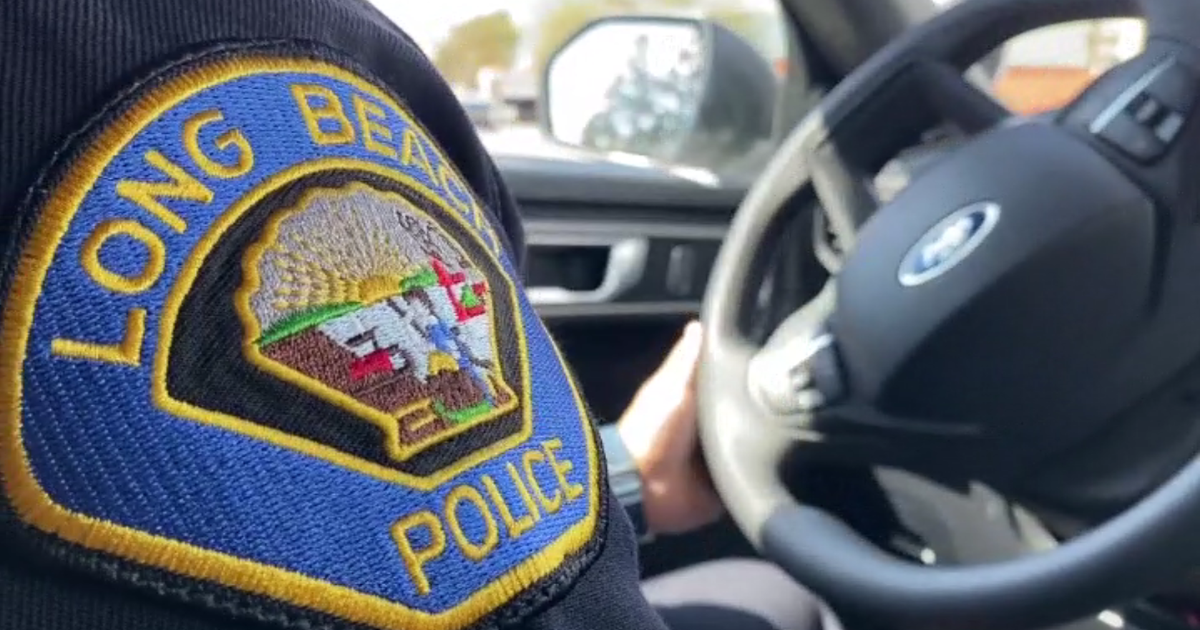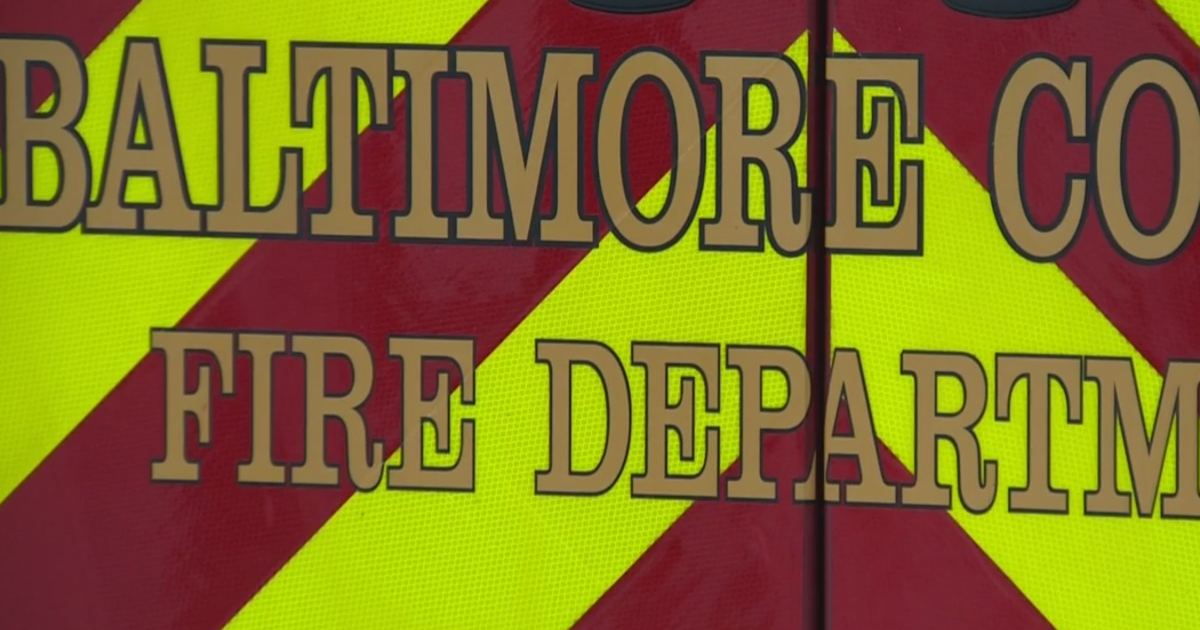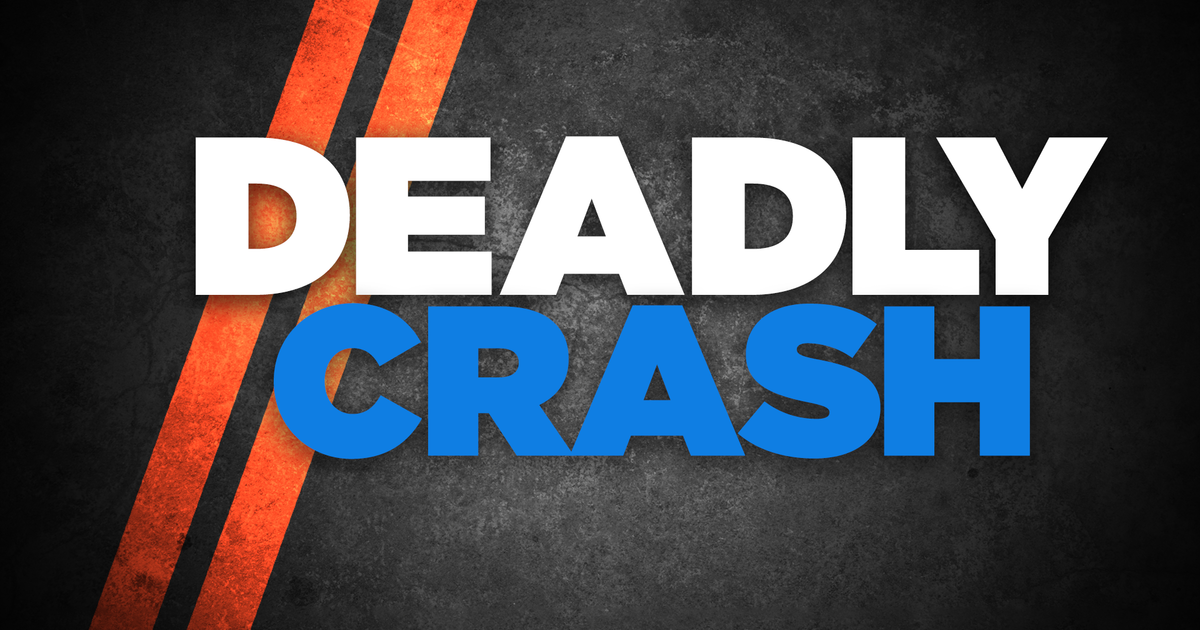Mayo Developing Blood Test For Concussion Detection
MINNEAPOLIS (WCCO) -- Days after the Vikings' quarterback took a major hit to the head, new research suggests there may be a new way to detect concussions by way of a simple blood test.
Researchers at Orlando Health found that a blood test correctly identified traumatic brain injuries in 94 percent of the cases studied.
According to the Centers for Disease Control, about 250,000 kids are treated in hospitals for concussions each year. Football, hockey and soccer are just a few of the sports where injuries are seen.
Dr. Jonathan Finnoff specializes in sports medicine at the Mayo Clinic.
"You essentially stun the nerves in your brain, and so they're temporarily not working," Finnoff said.
He says concussions can be difficult to pinpoint on the sidelines or after the game.
"It's not that infrequent that everything looks great and four hours down the line they say, 'Man, I've got this horrible headache,' and they start vomiting and they feel horrible for days afterward and they obviously had a concussion," Finnoff said. "But at the time of the injury their symptoms weren't prominent so it is a tricky diagnosis at times."
Finnoff says symptoms like headaches or memory loss are the best indicators to date, but they are not fool proof – and neither are CT scans.
"It would be fantastic," he said. "I mean, if we could do a blood test and detect a concussion, then it would take a lot of the guess work out of concussions because it would be a definitive test."
Finnoff is working on research to do just that at Mayo, but he says the blood tests need some work. They only indicate severe injuries, not minor ones.
"Markers we are looking for are markers that are specific to your brain and they're typically not found in the blood, and so when you have an injury to your brain, then they leak out of your brain into the blood," Finnoff said. "But there has to be a significant enough injury for them to get into your blood."
But Finnoff says it is promising.
"I think that it's really something that we would love to have so that we had a definitive way of diagnosing concussion that took all of the subjective nature out of our current diagnosis, but we're a ways away from that," he said.
Finnoff tells WCCO his team is also looking at using helmets with electrodes to read brainwaves and detect concussions on sidelines.
